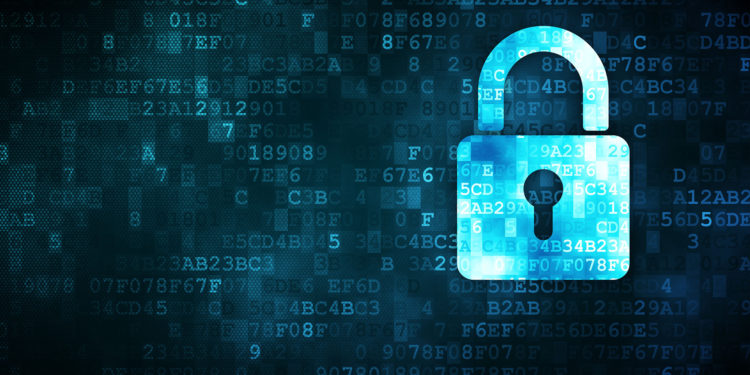Over the last few years, we have seen the emergence of a new type of entrepreneur, the digital nomad. In their recent research, MBO Partners found that the number of American digital nomads increased from 7.3 million in 2019 to 10.9 million in 2020. Digital nomads differ from regular remote workers because they move around as they work.
This independent workforce of people uses technologies like Wi-Fi, smart devices, and cloud-based applications to work remotely from wherever their fancy takes them. However, digital nomads face various complications – some are easier to address than others. As governments around the world consider how to deal with the tax and legal complications entailed, one of the most serious threats to entrepreneurs is how to navigate the digital risks they face from cyber threats.
How To Do Business From Anywhere?
Besides navigating the digital risks, every digital nomad needs a hard-working website to secure their success. Building the best website is made easier with the help of website builders and can be built from anywhere. Compare website builders before deciding which one offers the most complete and effective package suited to the lifestyle of a globetrotting entrepreneur.
How to Safeguard Digital Safety?
Working remotely is fun if you take all the required measures to protect your livelihood from digital threats.
Safety of Public Wi-Fi
Public Wi-Fi is not safe. It is the most serious cyber danger faced by digital nomads. This is because of a flaw in the WPA2 encryption standard used by Wi-Fi networks, putting anyone using public Wi-Fi at risk from the moment they connect. This applies to all public Wi-Fi networks, including at airports, hotels, and cafes.
How can digital nomads work in places where they are risking their devices?
When working in any place where you are using a public Wi-Fi, you must keep your web traffic hidden. You can do this by using a virtual private network (VPN) which uses strong encryption protocols to protect an entrepreneur’s information. It is very easy to set a good quality VPN on all mobile devices to protect banking information, passwords, and messages.
Protecting Devices from Theft
When you move around, the theft of any of your devices becomes possible. A stolen device will mean you can get no work done until you replace it, something that is easier said than done in some places.
Seasoned travelers know that devices must never be left unattended, no one can be trusted. Always make sure they are locked away or placed out of sight in hotel rooms. Bags with access codes are also a deterrent against theft.
Smartphones, tablets, and laptops all have device trackers. Enable these to allow easy tracking. However, tracking your stolen devices does not guarantee that someone has not accessed their information. Lock screens should be enabled on all devices to secure the information and data held in them. If you prefer to use a code instead of a biometric ID or fingerprints, never keep the pin code written somewhere thieves can access it.
If you suspect your device has been compromised, immediately enable multi-factor authentication on any of your sensitive accounts to prevent theft. If a device cannot be recovered, remotely wipe it to prevent access to your data. This can be done if you have an enabled device tracker.
Digital travelers using a data backup solution can recover files once they secure the status of their devices.
How Can Digital Nomads Lower Their Risk?
There are certain measures digital nomads can take to lower their risk as they travel and work.
Connectivity
After work sessions, devices must be toggled off from Wi-Fi and Bluetooth connectivity. This measure ensures the prevention of accidental or threatening connections that could compromise security.
Awareness
Digital nomads must always maintain levels of mindfulness of their environment and devices. Devices must never be forgotten or left unattended. “Visual hacking” from prying eyes can be minimized with privacy filters. These are attached to any digital screen to prevent anyone from taking a sideways glance at the screen. They only allow someone with a straight-on view to see.
Security and backup
Securing devices behind a good VPN offers encryption of web traffic wherever the user may decide to connect to the Wi-Fi. Savvy digital nomads use the cloud to safeguard their sensitive information because it’s more difficult for hackers to reach. Updated anti-virus protection is vital for all types of cyber-threats.
Minimizing the damage
If a device or account is breached, strong passwords and multi-factor authentication can minimize potential damage. Password generators are also used to secure devices and diminish any potential damage from device theft or loss.
You probably already have some of these measures in place, check them before you set off for your next destination!
Related Story: Social Media News: Updates for Businesses Using Social Media













